Bell’s palsy is the inflammation of the 7th cranial nerve. The name ‘Bell’ comes from Sir Charles Bell an anatomist and surgeon who was the first to discover that cutting or damaging the seventh cranial nerve would cause facial paralysis.
It causes temporary weakness to one side of the face making half of your face droop. You may not be able to blink from one eye and have a one-sided smile.
No definitive cause has been found for this condition but there are strong links to it being caused by infection like herpes. It cannot be prevented but it is unlikely to return if you have already had it.
It is important to see a doctor if you are experiencing the below symptoms:

- Weakness or paralysis on one side of the face
- Drooling
- Impaired taste
- Difficulty eating due to paralysis
- Difficulty speaking
- Sensitivity to loud noises
- Pain in the inner ear or jaw
- Headache
- Dry mouth
- Drooping eyelid
If you experience a sudden onset of face drooping on one side, cannot lift arms and keep them there and having difficulty speaking then this may be a sign of a serious medical condition like a stroke. You must call 999 immediately if you suspect this.
According to FacialPalsy UK, it is the commonest cause of facial palsy accounting for 80 percent of all cases. It also affects between 20 per 100,000 to 30 per 100,000 people per year.
As mentioned, Bell’s palsy is temporary and will start to improve within a couple of weeks with being completely gone by 9 months. It is rare, but it can last for life for some people.
The diagnosis for this condition will typically start with a neurological examination. Your doctor will ask you to perform a range of facial movements in a sequence. Movements like, closing your eye and moving your lips will be assessed. Your doctor will want to send you for blood test, MRI scanning and possibly a referral to another consultant who specialises in ears, nose and throat (ENT). A nerve test (EMG) may also be required.
The reason for all the above tests and not to just diagnose Bell’s palsy but to make sure there are no underlying causes contributing to this condition and give extra information to what nerves are working and what’s not.
Treatment for Bell’s palsy is medication. Steroid medications can be taken in a 10-day course, this will help reduce the inflammation and swelling around the facial nerves. Physical therapy to aid with strengthening your muscles as if paralysed for a long period of time they may shrink and shorten.
This article is intended to inform and give insight but not treat, diagnose or replace the advice of a doctor. Always seek medical advice with any questions regarding a medical condition.
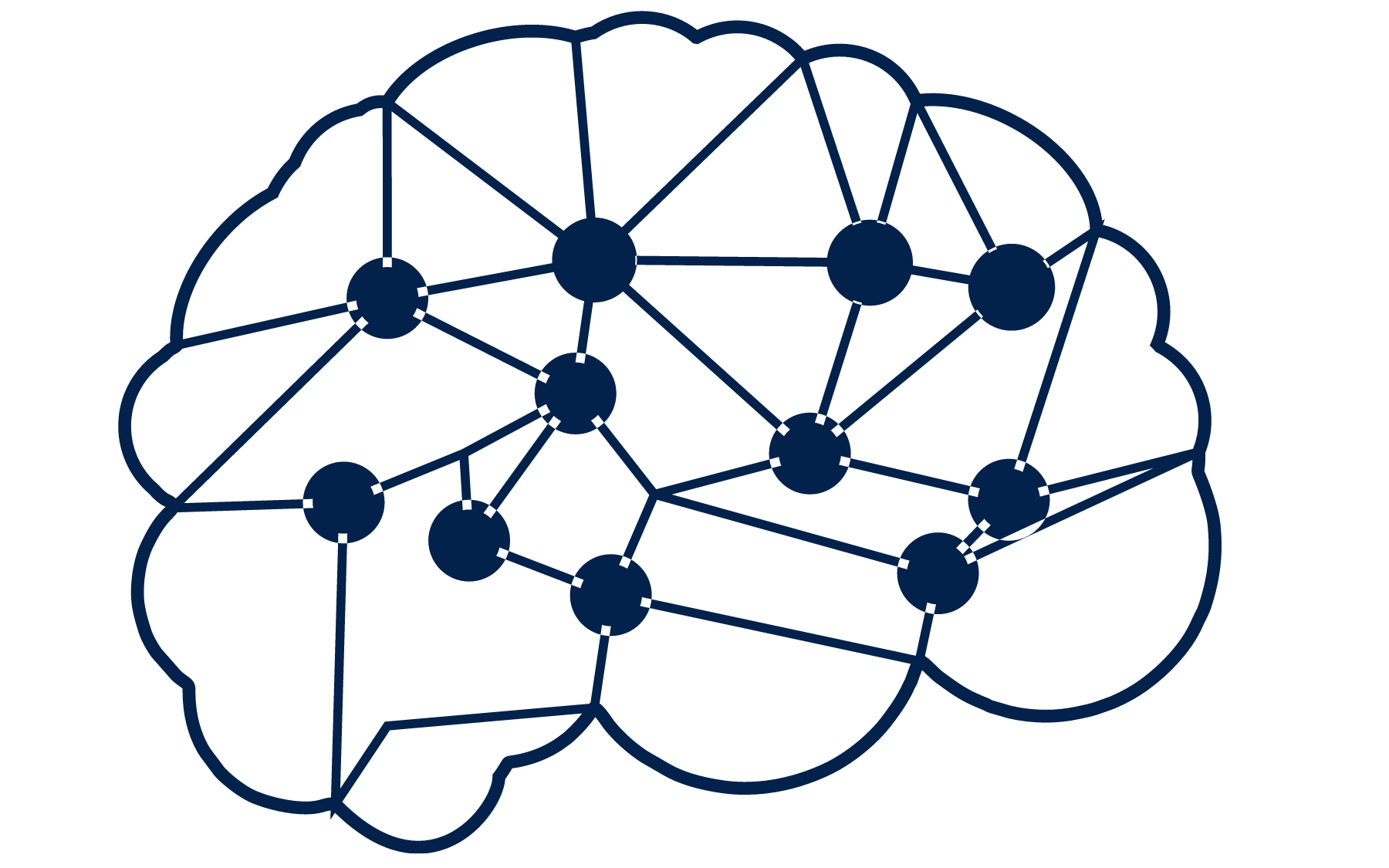
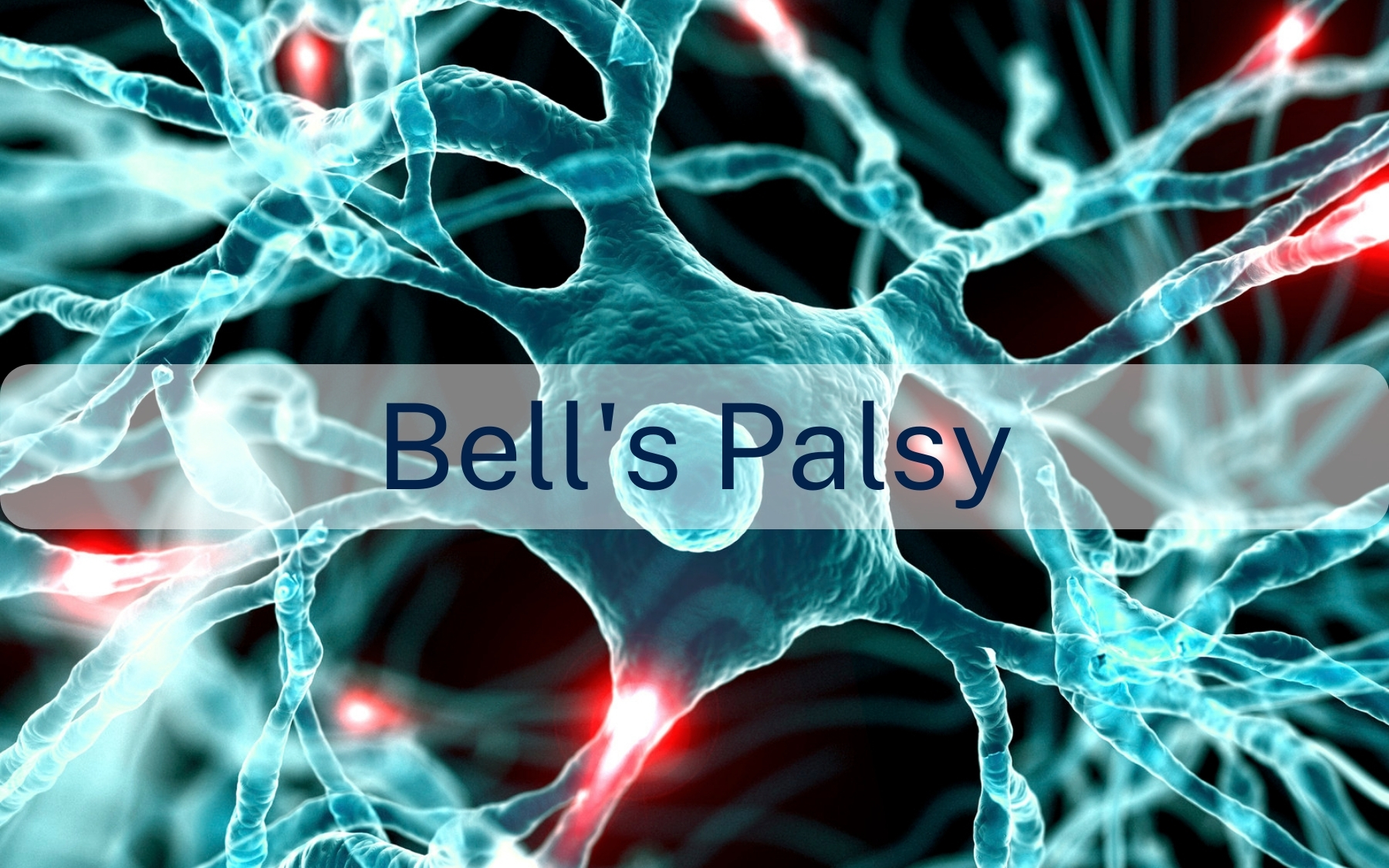
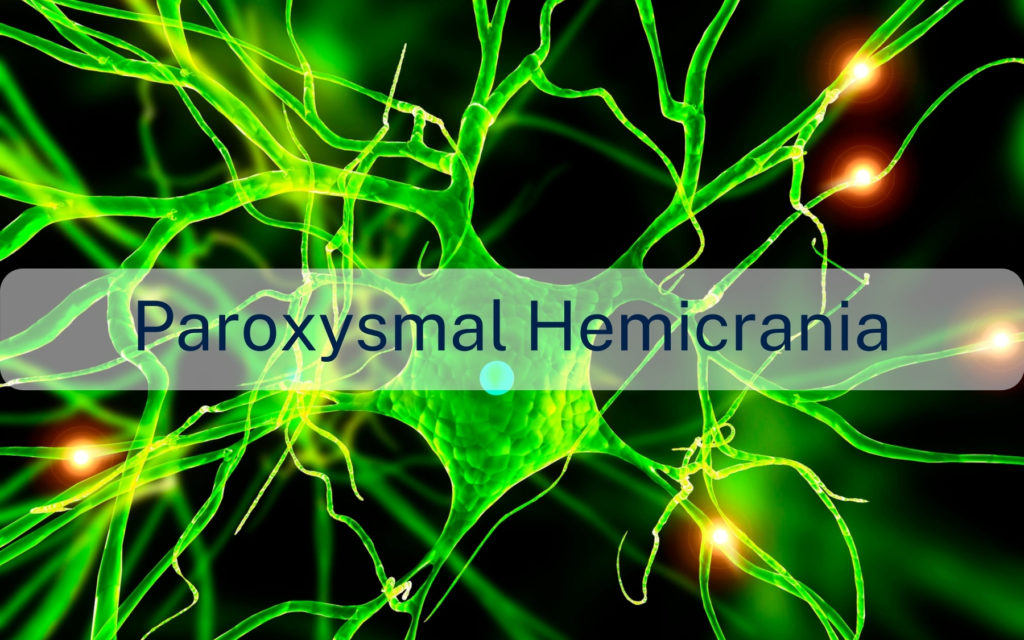
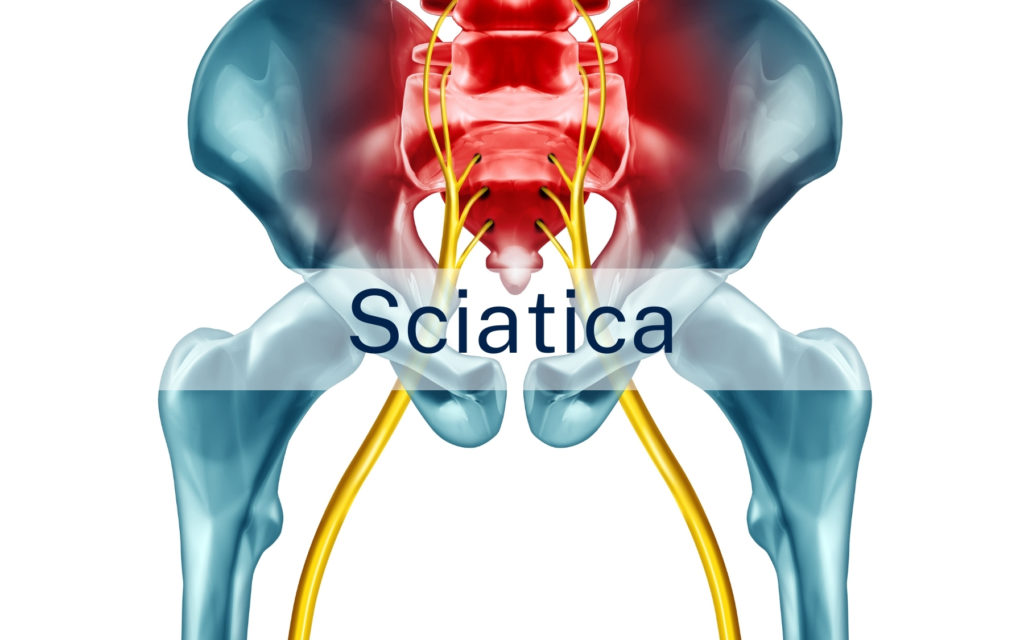

0 Comments